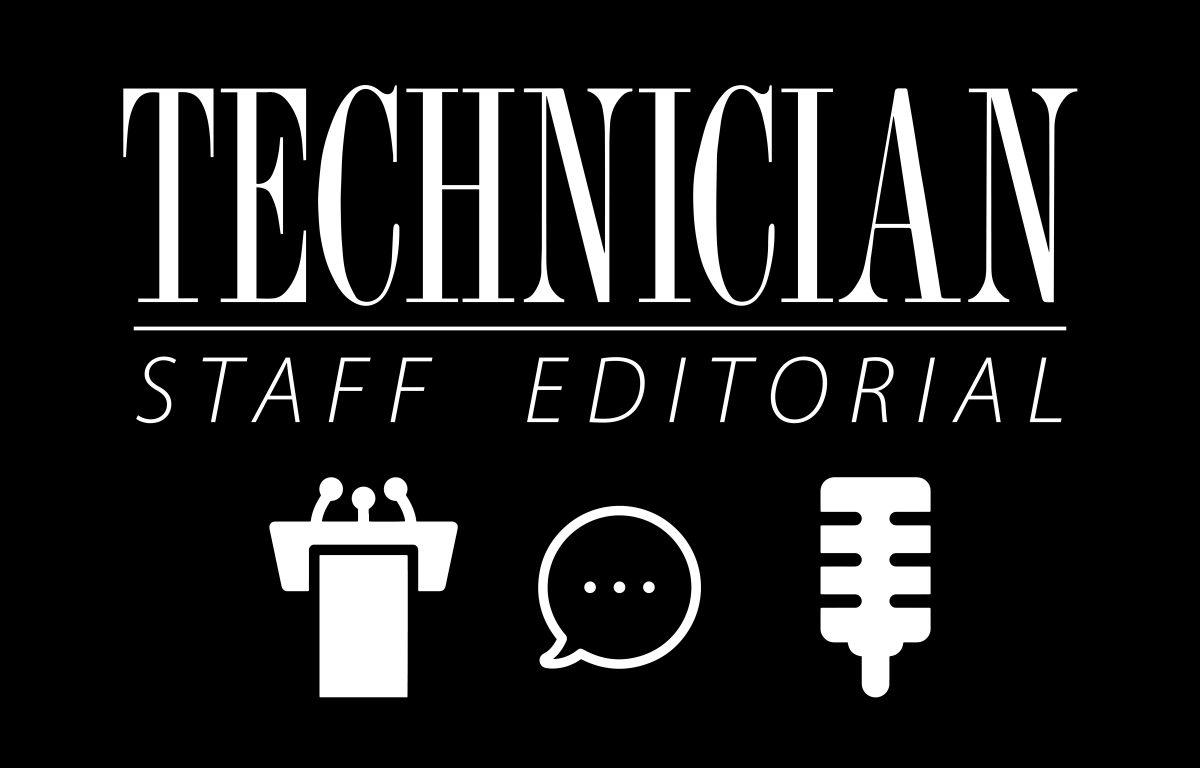N.C. State University has lost $87 million in budget cuts in the last two years, and is expecting a cut of $21 million for the fiscal year 2013-14. But while this has been going on, our fundraising efforts have yielded more successful results―in fact, the University broke a fundraising record in the 2012-13 fiscal year, securing gifts and promises amounting to $198.2 million. Within the University, the College of Natural Resources reported a 263 percent increase in private donations and the College of Textiles reported a 390 percent increase. Alumni giving, which increased by 34.5 percent for the University at large, has also contributed to this influx of private donations.
In general, the University is hard at work to offset the harm from budget cuts by increasing private donations. Yet, despite these increases, such gifts are expected to account for only 4 percent of the University’s revenue, while State funding will count toward 47 percent. So drastic is the difference between the two figures, that even given recent trends, we have to realize that public funding is, and for a long time will continue to be, far more important to the University’s coffers than private donations.
So, the Technician wants to assert―we should not get too happy about private donations. Yes, the money that they provide must be vital and far-reaching. But it’s not going to solve our problems.
In fact, worrying a bit (more), and then doing something to protect our public funding by all sensible means possible could well be a more prudent approach. The University and its people―students, faculty and staff―need to put as much pressure as possible on the State government to give first priority to the people and public institutions. And it needs to create an educational environment which produces citizens who make their mark on a national level to ensure that the country does so as well, for which, again, a robust public university is necessary.
And private gifts, while very valuable in economic times such as these, could actually play against such an ideal. While gifts from individuals and alumni would largely come without strings attached, the larger sources of private money could have a corroding influence on the educational quality of our University―it is natural for private and for-profit entities that are increasingly investing in the University to dictate terms in a way that modifies and dilutes the educational process toward foremost their well-being. So, while it would practically be impossible and undesirable to distance ourselves from all private funding, the University must be very mindful and in touch with the big societal picture of university education while engaging with private sources of funding.
Overall, the question “Why is our public funding decreasing so fast and what can we do about it?” should take precedence over “How can we get more private donations?” Given the reality of running a public university devoted to learning and knowledge-generation for the flourishing of civil society, private donations will and should only be something akin to a reserve fund. Let’s work on getting democracy to care more about education.




